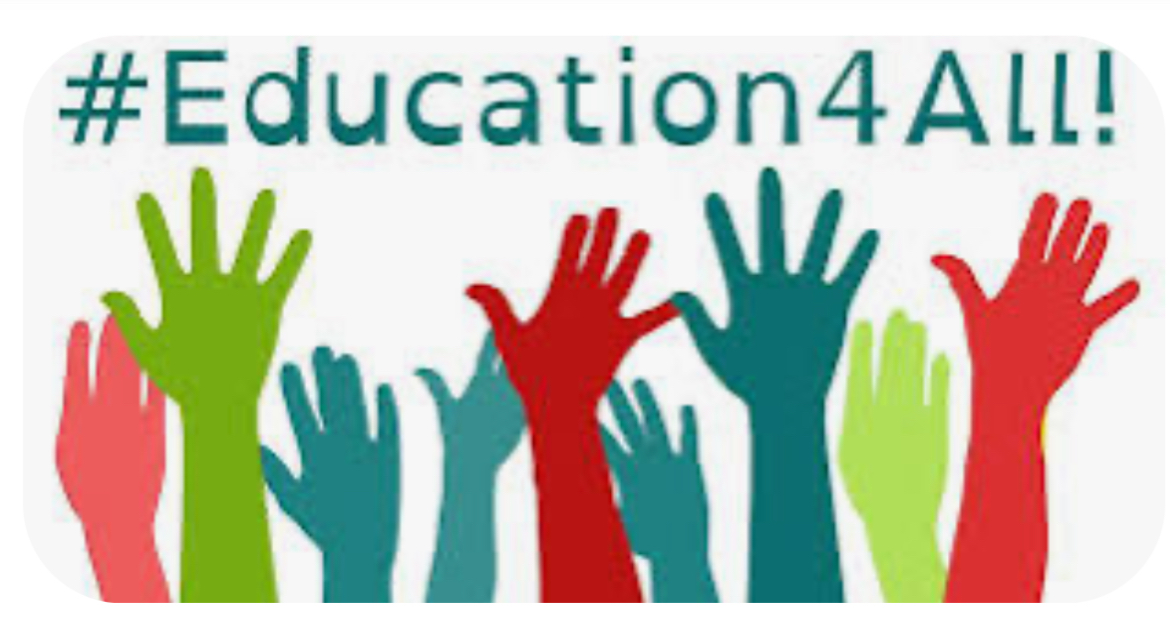Access to education is crucial for innovation, empowerment and for the world to evolve. While the traditional educational system offers learning opportunities for many, there are significant gaps that leave many behind due to various factors such as inequality, deprivation and mindset.
Education should be a fundamental right and there should be plenty of accessible opportunities for people to learn, regardless of age, gender, background and financial situation. This can be achieved through a variety of different ways:
Inclusive teaching methods and technologies
Accessible education goes beyond just physical accommodations like ramps and Braille materials. It should also include teaching approaches and technologies such as circuit simulators that cater to a range of diverse learning styles and needs and that offer practical learning solutions.This ensures that individuals with disabilities can fully participate in learning experiences and have equal access to education.
Inclusive teaching should also focus on active learning, where students can participate in learning experiences, rather than passively taking in information.
Ensuring socio-economic accessibility
In addition to physical disabilities, accessibility also includes socio-economic factors such as admission guidelines,affordability, engagement and policies. Economic disparity shouldn’t hinder learning and there should be a level playing field when it comes to all aspects of education, regardless of background.
Scholarships and grants can provide financial resources necessary for students from lower socio-economic backgrounds to access higher education. They can cover tuition, living expenses, and other educational costs.Meanwhile, language learning programmes can help non-native speakers gain proficiency in the primary language used in their community or country of residence, which is crucial for both educational and employment opportunities.
Overcoming geographical constraints
Geographical constraints can hinder educational access and is closely linked to affordability, especially as there is often a geographical divide in relation to leading facilities such as universities. However, this should not limit access to quality education.
Online learning platforms have revolutionised education, with a range of open educational resources making education more accessible. But there is still work to be done to ensure that barriers due to geographical areas are removed.
Offering a framework for adult education
Adult education can be difficult to access for many but there are various ways to bridge the gap when it comes to adult education. Adult education opportunities include communityeducation programmes, workshops and library sessions that are typically offered at local centres or educational facilities. They usually consist of practical teaching with a focus on new skills and hobbies.
By providing these varied and adaptive educational opportunities, societies aim to cater to the diverse needs of all learners, promoting equity in education and empowering individuals to achieve their full potential.
If you like our content, join us in helping to bring reality and decency back by SUBSCRIBING to our Youtube channel: https://www.youtube.com/channel/UCQ1Ll1ylCg8U19AhNl-NoTg AND SUPPORTING US where you can: Award Winning Independent Citizen Media Needs Your Help. PLEASE SUPPORT US FOR JUST £2 A MONTH https://dorseteye.com/donate/












